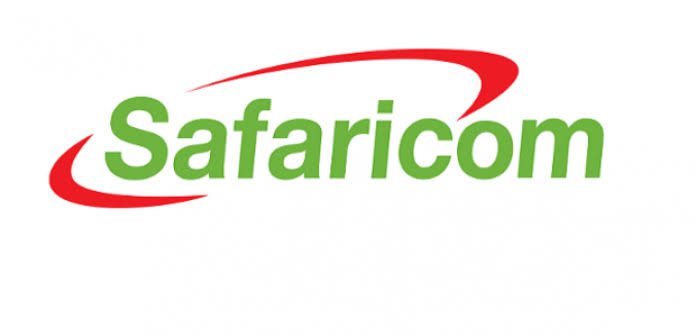According to Business Daily Africa, over 267,000 retail investors have sold their stakes in telecommunications giant; Safaricom since the company’s Initial Public Offering (IPO) in 2008, this reversing the Kenyan government’s steps towards broadening ownership in Safaricom which is Kenya’s most profitable company.
Stock market data shows that the number of investors who had between 1 and 100,000 shares reduced to 554,499 in July 2019 compared to the 822,122 figure which was the case in March 2009, leading to the net exits of 267,623 shareholders which amounts to 32.5 percent of the owners.
The biggest exits were among those who held between 10,001 and 100,000 shares as the number declined to 62.6 percent to stand at 19,433.
Those were followed by investors whose owned shares between 1,001 and 10,000. Their holdings fell by 43.9 percent to 170,980 shares.
Entry level shareholders with less than 1,000 units have however been the most tenacious, with their number declining the least by 21.7 percent to 364,086.
Over the 11 year period, retail investors sold 1.3 billion shares which means that they more than splitting their holdings in half from 2.5 billion units during the Initial Public Offering (IPO) to 1.1 billion units.
Despite the reduced stake however, the value of the remaining shares owned by the retail investors has grown by more than four times from 8 billion Kenyan Shillings to 32.4 billion Kenyan Shillings, a very clear indicator of the impact of Safaricom’s long term share price rally.
Investors who held on to their shares also received substantial dividends from the telecommunications giant, further strengthening their total returns.
Share sales conducted by the small investors have been acquired up by local and institutional investors who now hold a 21 percent stake in Safaricom, excluding the ownership by the government as well as Vodafone Plc affiliates.
Safaricom’s Initial Public Offering (IPO) led to the opening of 896,213 new brokerage accounts as retail investors prepared to acquire pieces of the company.
This meant that the number of accounts more than doubled to 1.7 million, with small investors applying for 22.6 billion units of the telco’s shares which is 46.4 percent of what was allocated for them.
While a large number of Safaricom shares buyers had hoped for a repeat of the KenGen debut experience in 2006 when shares of the energy company doubled their Initial Public Offering (IPO) value, the telecommunications giant’s share price traded below the Initial Public Offering (IPO) offer price of 5 Kenyan Shillings per share, resulting in some retail investors exiting at a loss.
Safaricom’s shares went on to remain below the Initial Public Offering (IPO) price for nearly five years.
In January 2013 however, the company’s share price, began its strong recovery when it traded at 5 Kenyan Shillings per share and kept the upward momentum to reach records of 33 Kenyan Shillings per share in April 2018.
As Safaricom’s profitability soared in recent years, the company also increased its dividend payout.
The telecommunications giant declared a dividend of 1.25 Kenyan Shillings per share for the year which ended in March 2019 and a special payment of 0.62 Kenyan Shillings per stock, bringing the company’s total payout to 74.9 billion Kenyan Shillings.
Its ongoing dividend distribution takes Safaricom’s cumulative payouts to 301.2 billion Kenyan Shillings since the company’s Initial Public Offering (IPO).



